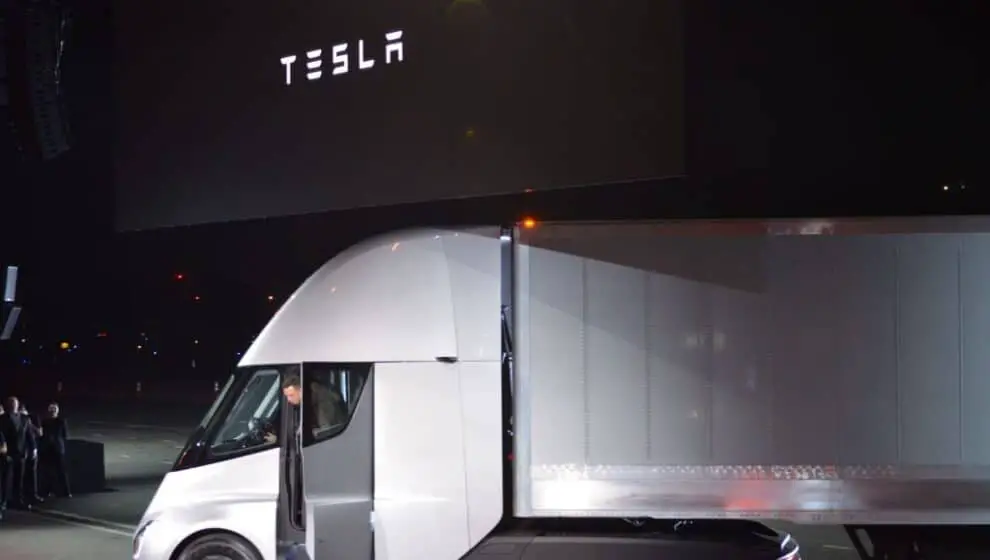The long-awaited Tesla semi-trucks are going to be delivered to PepsiCo this year—and it looks like the Inflation Reduction Act incentivized the delivery.
Key Details
- Tesla CEO Elon Musk announced that the long-awaited Tesla semi trucks will be delivered to PepsiCo starting in December—five years after Musk first promised the semis.
- Delays on the semis were in part due to shortages of batteries and supply-chain delays, but it seems one of the main reasons Tesla is able to move forward on the project is the recently enacted Inflation Reduction Act.
- The bill offers tax credits for electric vehicles (EVs) to incentivize buyers. The credit for a large commercial vehicle can be as much as $40,000 per vehicle.
Why it’s news
Musk had previously explained the semis were delayed due to the number of batteries they require. Semis use nearly five times more battery cells than regular EVs, but the semis don’t sell for five times the cost of a car.
Because of the extra cost, completed semis were delayed until Tesla could produce a larger battery. However, it seems the Inflation Reduction Act tax credit has alleviated this problem.
Musk has previously spoken out against government spending, particularly the Build Back Better plan. Despite Musk’s opposition, it seems the bill has worked in his favor this time.
Clean-energy non-profit RMI says: “The IRA (Inflation Reduction Act) tax credit makes owning an electric truck cheaper than owning a diesel one in most use cases, with urban and regional electric trucks becoming cost-superior to diesel ones as soon as 2023.”
Though the Tesla trucks have a 500-mile range, they will likely be used for short-range and local transport. Currently, a driver in a traditional semi-truck can travel more than 700 miles in a single day. Additionally, there are fewer charging locations available than there are truck stops.
